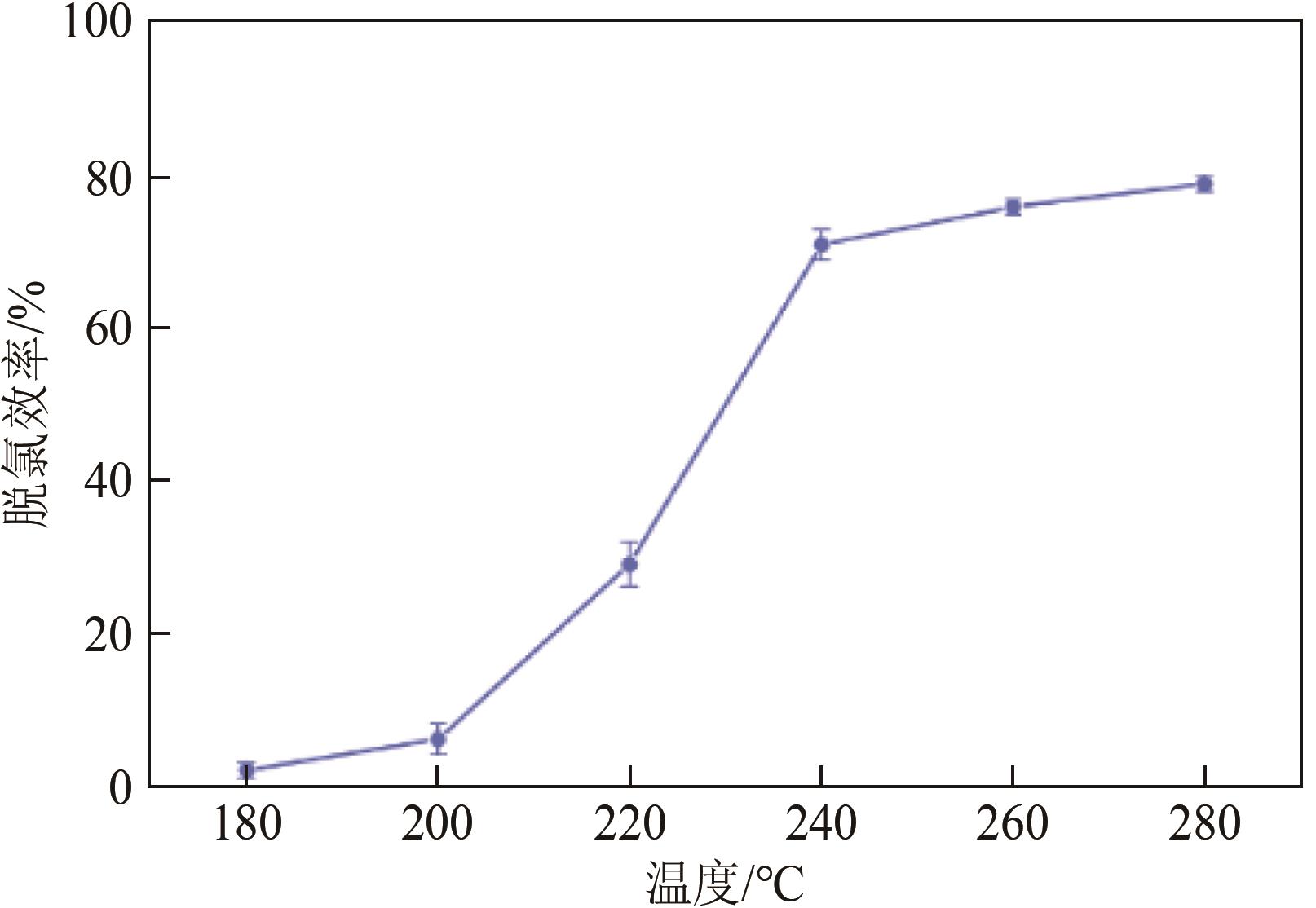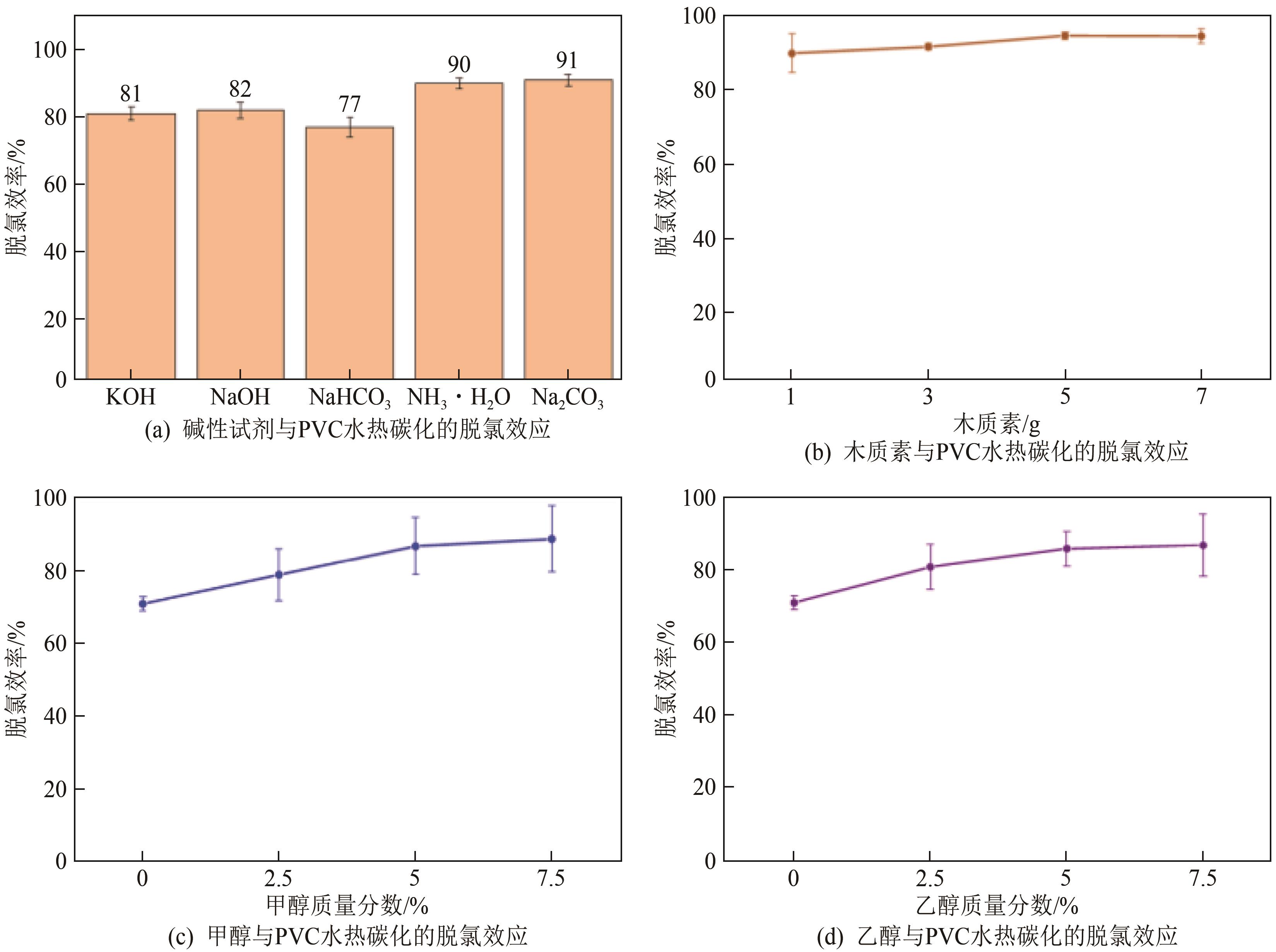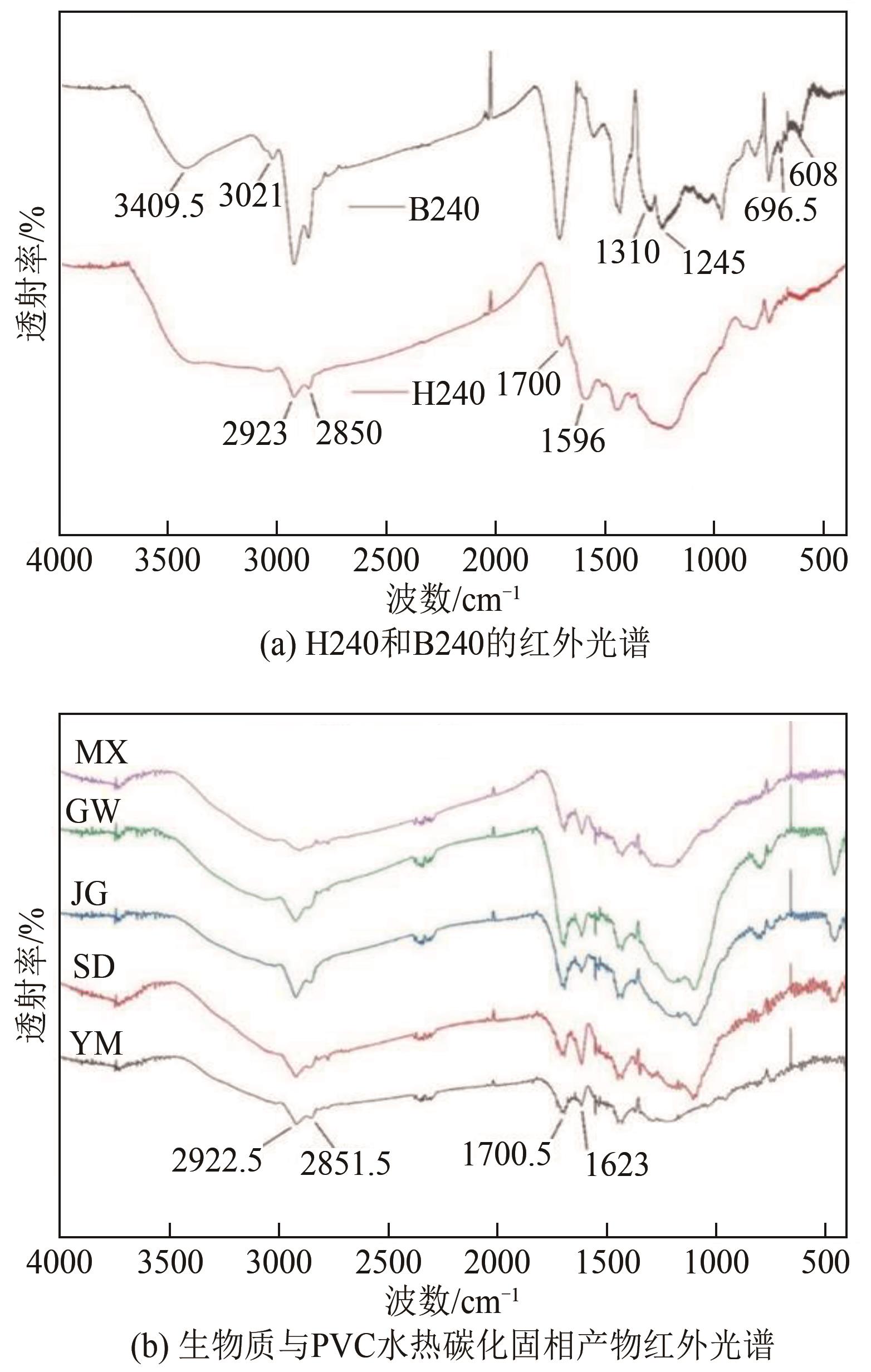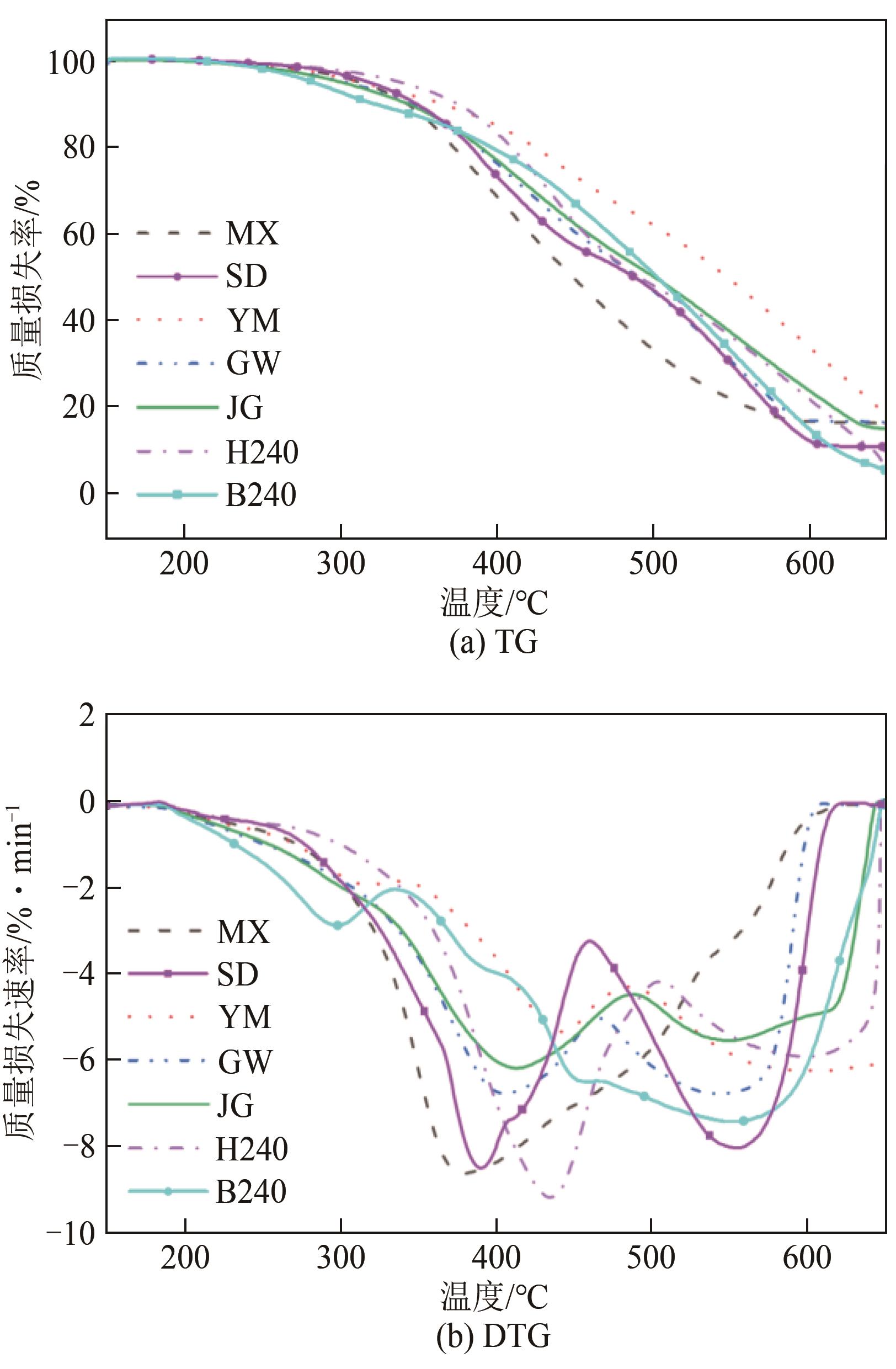| 1 |
唐辉, 李星, 郑江宁. 市政固体废弃物中塑料的处理[J]. 现代塑料加工应用, 2000, 12(3): 48-53.
|
|
TANG Hui, LI Xing, ZHENG Jiangning. Disposal of plastics in municipal solid rubbish[J]. Modern Plastics Processing and Applications, 2000, 12(3): 48-53.
|
| 2 |
POERSCHMANN J, WEINER B, WOSZIDLO S, et al. Hydrothermal carbonization of poly(vinyl chloride)[J]. Chemosphere, 2015, 119: 682-689.
|
| 3 |
陈文东, 侯可勇, 陈平, 等. 单光子/光电子在线质谱实时分析聚氯乙烯热分解/燃烧产物[J]. 环境科学, 2013, 34(1): 34-38.
|
|
CHEN Wendong, HOU Keyong, CHEN Ping, et al. Real-time analysis of polyvinyl chloride thermal decomposition/combustion products with single photon ionization/photoelectron ionization online mass spectrometer[J]. Environmental Science, 2013, 34(1): 34-38.
|
| 4 |
ZHAO P T, LI Z Z, LI T, et al. The study of nickel effect on the hydrothermal dechlorination of PVC[J]. Journal of Cleaner Production, 2017, 152: 38-46.
|
| 5 |
FERRENTINO R, MERZARI F, FIORI L, et al. Coupling hydrothermal carbonization with anaerobic digestion for sewage sludge treatment: influence of HTC liquor and hydrochar on biomethane production[J]. Energies, 2020, 13(23): 6262.
|
| 6 |
YAO Z L, MA X Q, LIN Y S. Effects of hydrothermal treatment temperature and residence time on characteristics and combustion behaviors of green waste[J]. Applied Thermal Engineering, 2016, 104: 678-686.
|
| 7 |
KATHIRAVALE S, MUHD YUNUS M N, SOPIAN K, et al. Modeling the heating value of municipal solid waste[J]. Fuel, 2003, 82(9): 1119-1125.
|
| 8 |
SHEN Y F, YU S L, GE S, et al. Hydrothermal carbonization of medical wastes and lignocellulosic biomass for solid fuel production from lab-scale to pilot-scale[J]. Energy, 2017, 118: 312-323.
|
| 9 |
ZHAO P T, LI T, YAN W J, et al. Dechlorination of PVC wastes by hydrothermal treatment using alkaline additives[J]. Environmental Technology, 2018, 39(8): 977-985.
|
| 10 |
HASHIMOTO K, SUGA S, WAKAYAMA Y, et al. Hydrothermal dechlorination of PVC in the presence of ammonia[J]. Journal of Materials Science, 2008, 43(7): 2457-2462.
|
| 11 |
LU X L, MA X Q, CHEN X F, et al. Co-hydrothermal carbonization of polyvinyl chloride and corncob for clean solid fuel production[J]. Bioresource Technology, 2020, 301: 122763.
|
| 12 |
YAO Z L, MA X Q. Characteristics of co-hydrothermal carbonization on polyvinyl chloride wastes with bamboo[J]. Bioresource Technology, 2018, 247: 302-309.
|
| 13 |
NING X J, TENG H P, WANG G W, et al. Physiochemical, structural and combustion properties of hydrochar obtained by hydrothermal carbonization of waste polyvinyl chloride[J]. Fuel, 2020, 270: 117526.
|
| 14 |
XIE Z Q, MA X Q. The thermal behaviour of the co-combustion between paper sludge and rice straw[J]. Bioresource Technology, 2013, 146: 611-618.
|
| 15 |
BARDHAN M, NOVERA T M, TABASSUM M, et al. Co-hydrothermal carbonization of different feedstocks to hydrochar as potential energy for the future world: a review[J]. Journal of Cleaner Production, 2021, 298: 126734.
|
| 16 |
CHEN X J, LIN Q M, HE R D, et al. Hydrochar production from watermelon peel by hydrothermal carbonization[J]. Bioresource Technology, 2017, 241: 236-243.
|
| 17 |
YAO Z L, MA X Q. A new approach to transforming PVC waste into energy via combined hydrothermal carbonization and fast pyrolysis[J]. Energy, 2017, 141: 1156-1165.
|
| 18 |
MA D C, FENG Q G, CHEN B Q, et al. Insight into chlorine evolution during hydrothermal carbonization of medical waste model[J]. Journal of Hazardous Materials, 2019, 380: 120847.
|
| 19 |
李翠华, 何选明, 易霜, 等. 甘蔗渣与褐煤低温共热解产物特性分析[J]. 煤炭转化, 2017, 40(2): 29-35, 41.
|
|
LI Cuihua, HE Xuanming, YI Shuang, et al. Analysis of low-temperature co-pyrolysis product of sugarcane bagasse and lignite[J]. Coal Conversion, 2017, 40(2): 29-35, 41.
|
 ), YANG Xingru1, LIANG Zhuo1, JIANG Hao1, XU Quan1, ZHOU Hongjun1, FENG Lu2,3(
), YANG Xingru1, LIANG Zhuo1, JIANG Hao1, XU Quan1, ZHOU Hongjun1, FENG Lu2,3( )
)
 ), 羊省儒1, 梁卓1, 江皓1, 徐泉1, 周红军1, 冯璐2,3(
), 羊省儒1, 梁卓1, 江皓1, 徐泉1, 周红军1, 冯璐2,3( )
)






